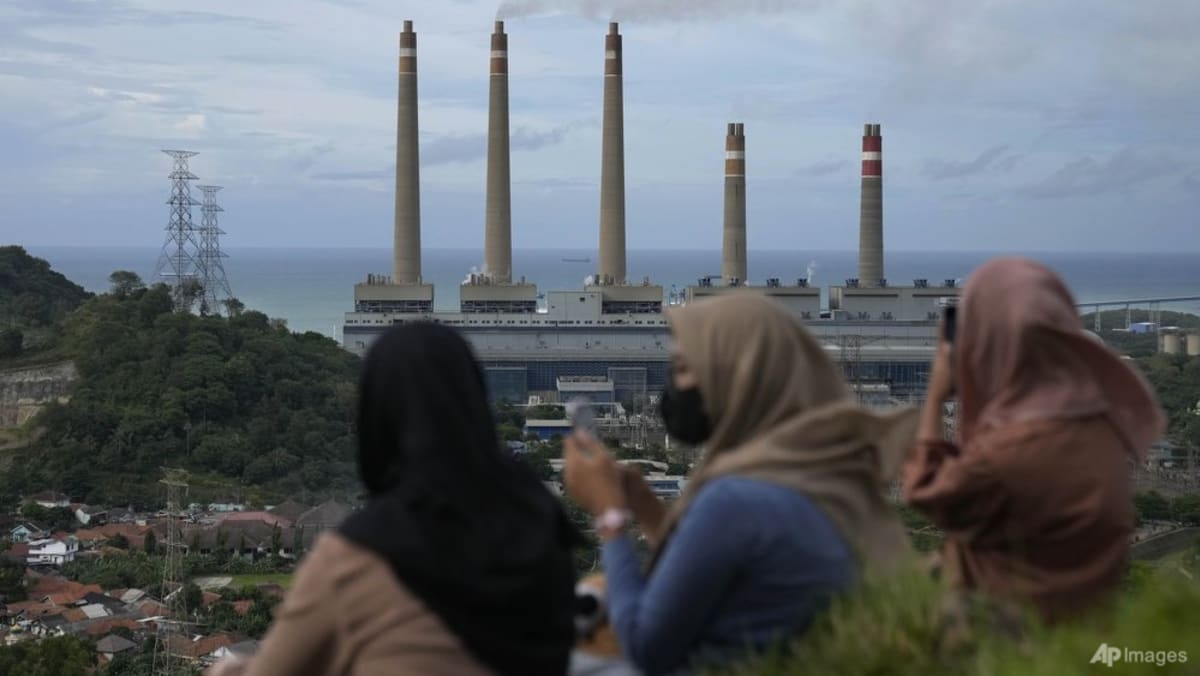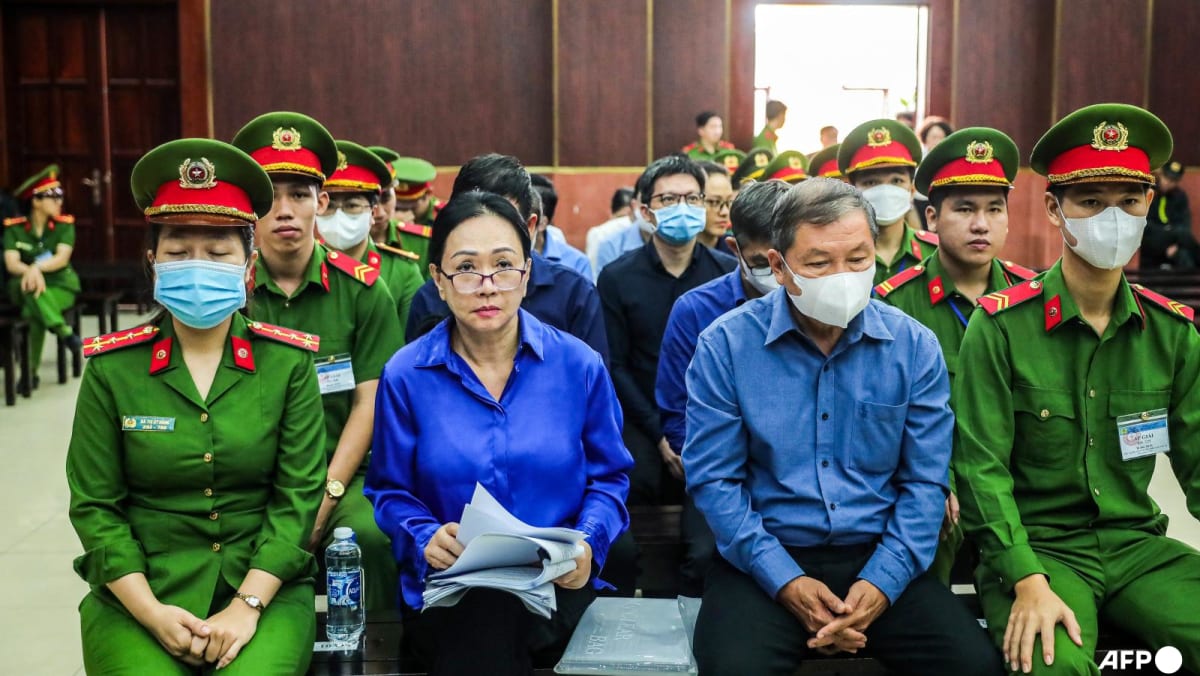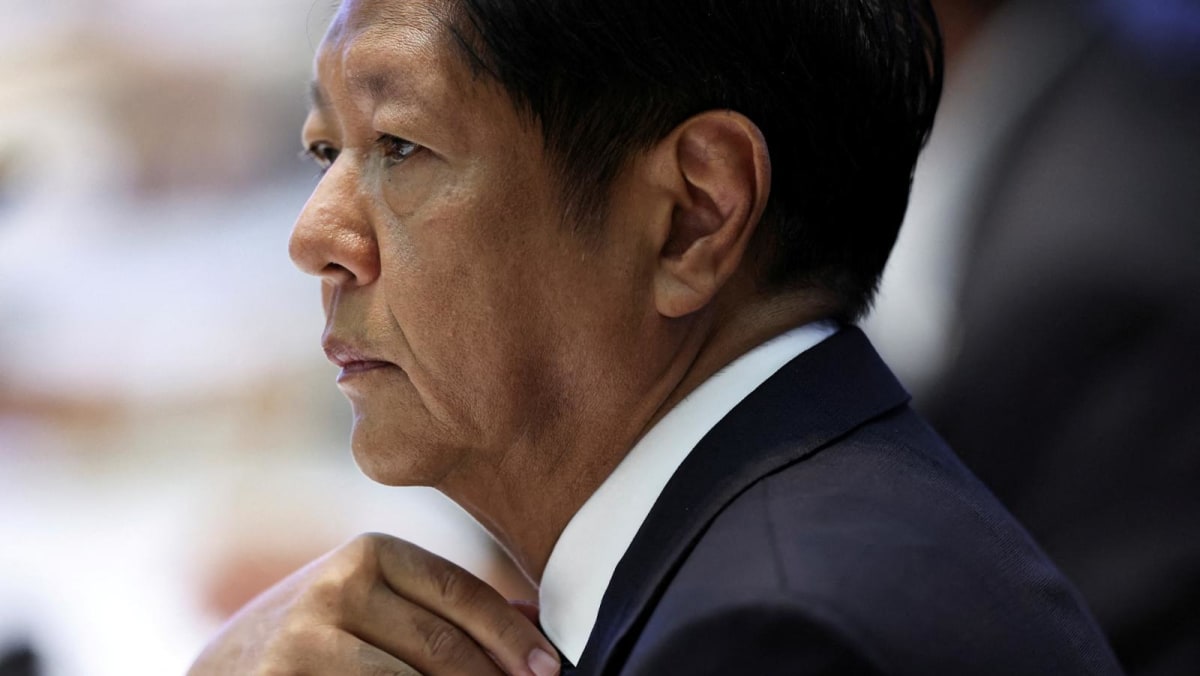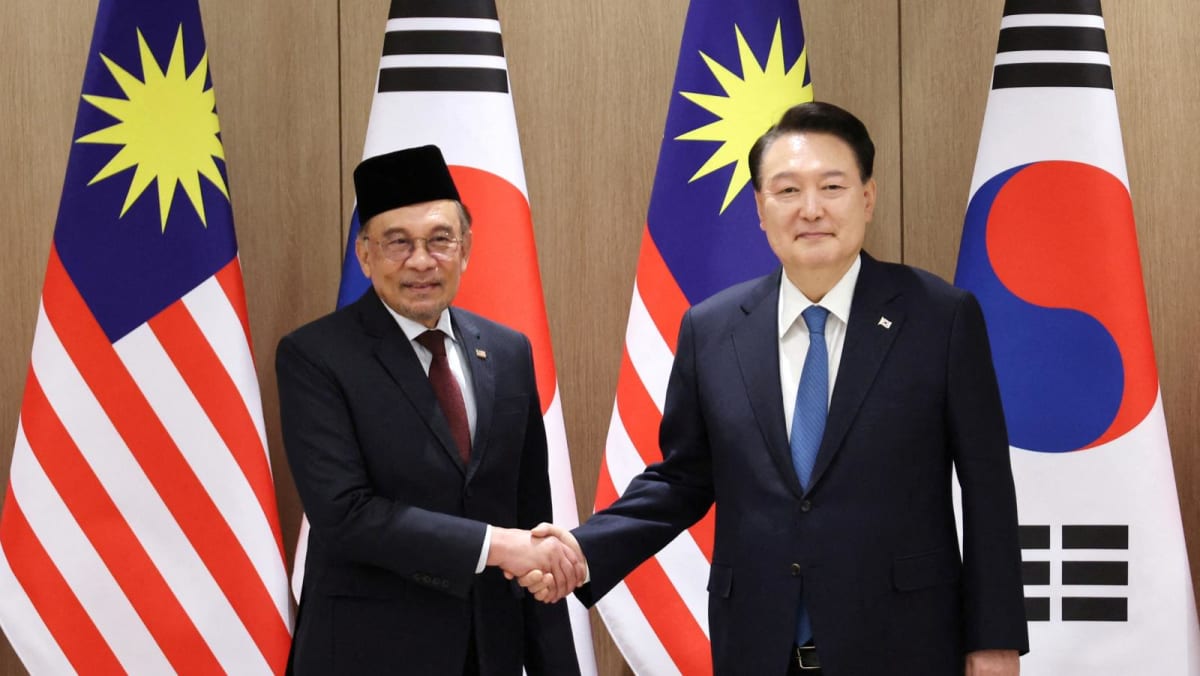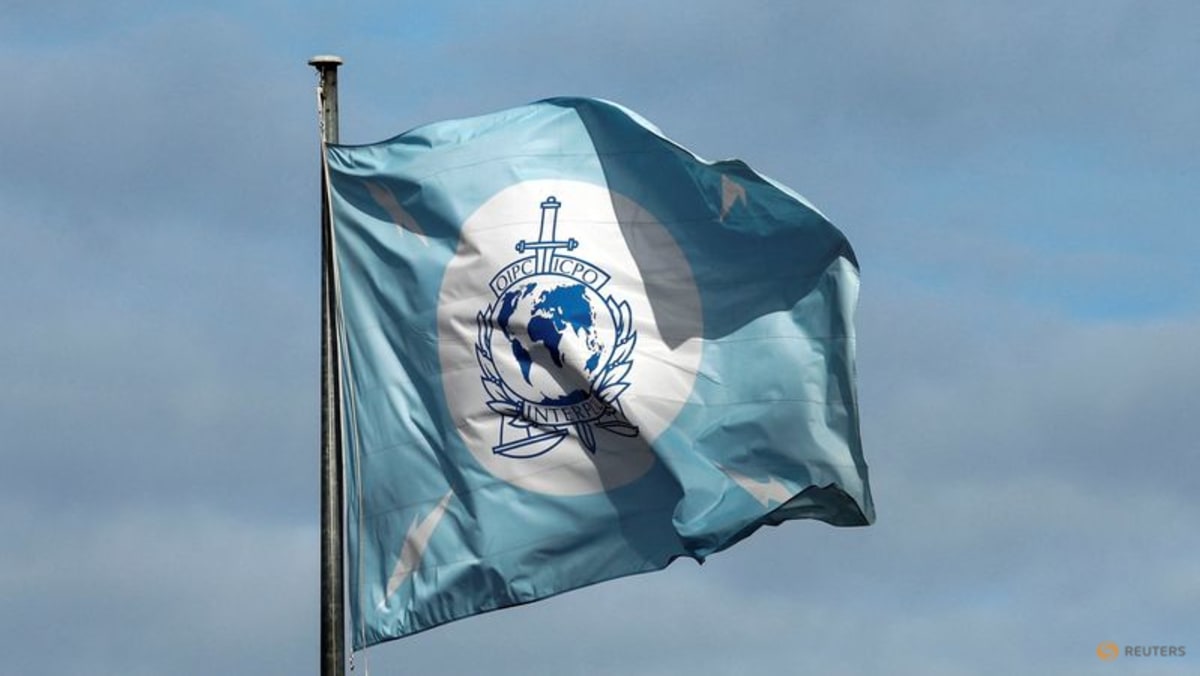Can Taiwan continue to fight off Chinese disinformation?
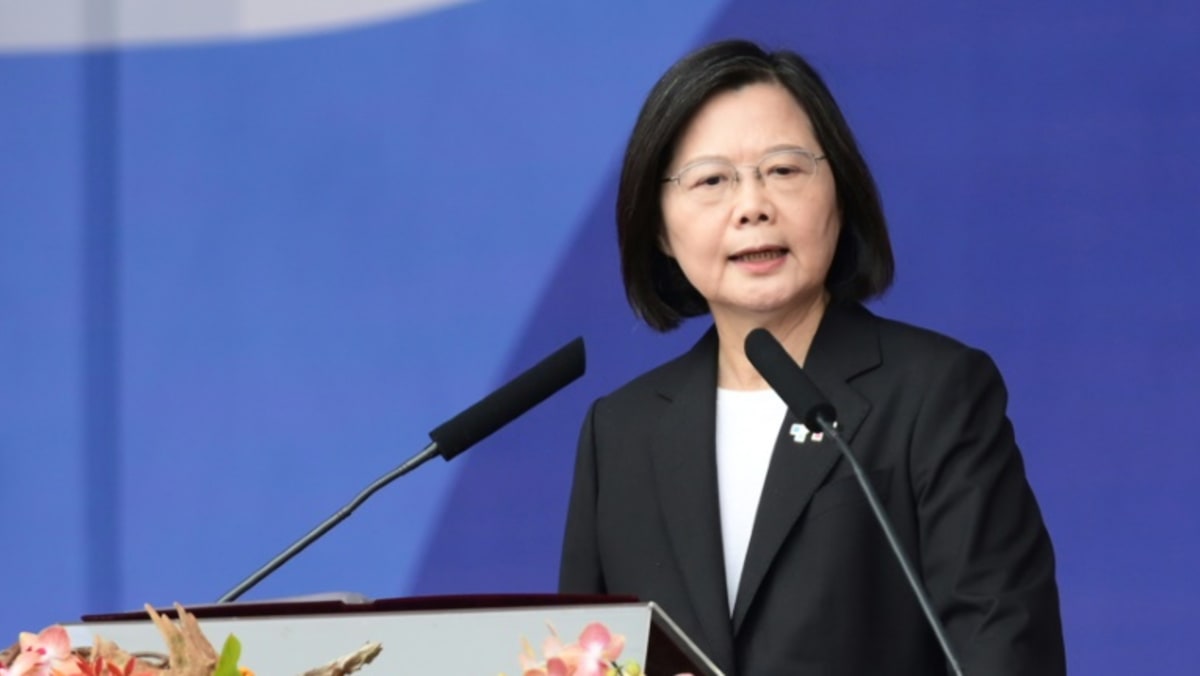
Tsai has repeatedly addressed her government’s push to combat Beijing’s disinformation campaign, as well as criticism that her strategy aims to stifle speech from political opponents.
At a defense conference this month, she said: “We let the public have knowledge and tools that refute and report false or misleading information, and maintain a cautious balance between maintaining information freely and refusing information manipulation.”
Many Taiwanese have developed internal “warning bells” for suspicious narratives, said Melody Hsieh, who co-founded Fake News Cleaner, a group focused on information literacy education.
Her group has 22 lecturers and 160 volunteers teaching anti-disinformation tactics at universities, temples, fishing villages and elsewhere in Taiwan, sometimes using gifts like handmade soap to motivate participants.
The group is part of a robust collective of similar Taiwanese operations. There is Cofacts, whose fact-checking service is integrated into a popular social media app called Line. Doublethink Lab was directed until this month by Puma Shen, a professor who testified this year before the US-China Economic and Security Review Commission, an independent agency of the US government. MyGoPen is named after a homophone in the Taiwanese dialect for “don’t fool me again”.
Citizens have sought out fact-checking help, such as when a recent uproar over imported eggs raised questions about videos showing black and green yolks, Hsieh said. Such demand would have been unthinkable in 2018, when the heated emotions and damaging rumors around a contentious referendum inspired the founders of Fake News Cleaner.
“Now, everyone will stop and think: ‘This seems odd. Can you help me check this? We suspect something,’” Hsieh said. “This, I think, is an improvement.”
Still, fact-checking in Taiwan remains complicated. False claims swirled recently around Lai, an outspoken critic of Beijing, and his visit to Paraguay this summer.
Fact-checkers found that a memo at the center of one claim had been manipulated, with changed dates and dollar figures. Another claim originated on an English-language forum before a new account on X, formerly known as Twitter, quoted it in Mandarin in a post that was shared by a news website in Hong Kong and boosted on Facebook by a Taiwanese politician.
China’s disinformation work has had “measurable effects”, including “worsening Taiwanese political and social polarisation and widening perceived generational divides”, according to research from Rand Corp.
Concerns about election-related fake news drove the Taiwanese government last month to set up a dedicated task force.
Taiwan “has historically been Beijing’s testing ground for information warfare”, with China using social media to interfere in Taiwanese politics since at least 2016, according to Rand.
In August, Meta took down a Chinese influence campaign that it described as the largest such operation to date, with 7,704 Facebook accounts and hundreds of others across other social media platforms targeting Taiwan and other regions.
Beijing’s disinformation strategy continues to shift. Fact-checkers noted that Chinese agents were no longer distracted by pro-democracy demonstrations in Hong Kong, as they were during the last presidential election in Taiwan.
Now, they have access to artificial intelligence that can generate images, audio and video – “potentially a dream come true for Chinese propagandists”, said Nathan Beauchamp-Mustafaga, a Rand researcher.
A few months ago, an audio file that seemed to feature a rival politician criticising Lai circulated in Taiwan. The clip was almost certainly a deepfake, according to Taiwan’s Ministry of Justice and AI-detection company Reality Defender.
Chinese disinformation posts appear increasingly subtle and organic, rather than flooding the zone with obvious pro-Beijing messages, researchers said. Some false narratives are created by Chinese-controlled content farms, then spread by agents, bots or unwitting social media users, researchers say.
China has also tried to buy established Taiwanese social media accounts and may have paid Taiwanese influencers to promote pro-Beijing narratives, according to Rand.
Source: CNA




